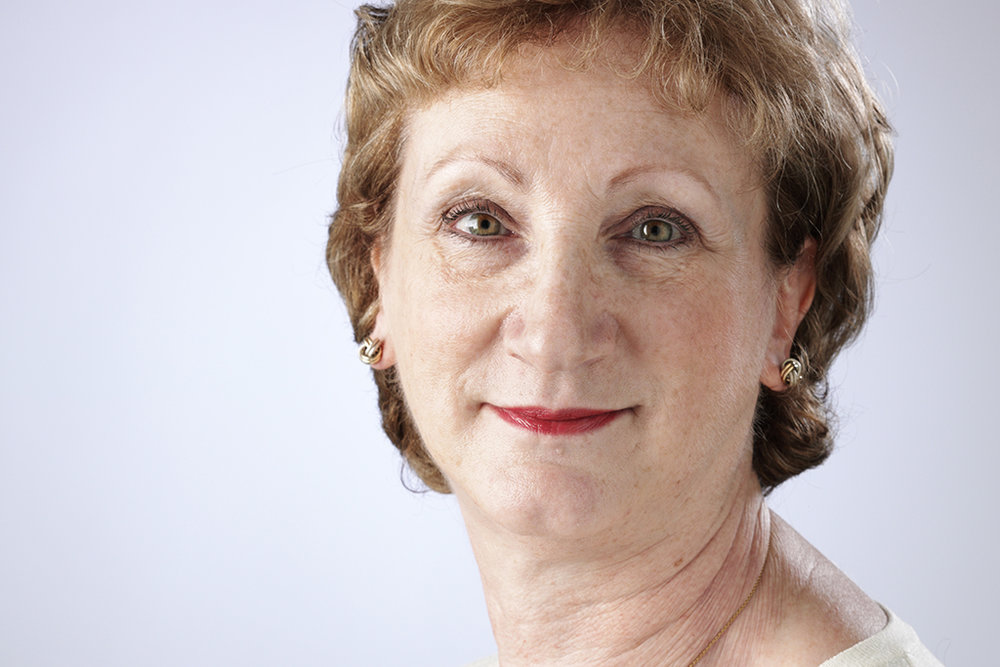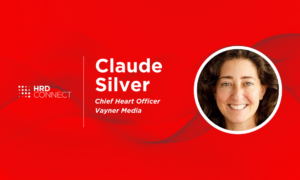Working With Cancer
- 8 Min Read
Cancer is one of the most well documented and spoken about diseases in the world, everyone sadly knows someone impacted by it. But what about when you’re in recovery and you want to go back to work – what then?
- Author: Emily Sexton-Brown
- Date published: Jul 16, 2018
- Categories

There are currently 850,000 people in the UK between the ages of 16-64 who have cancer; some of these people might want to return to work but just don’t know how. HRD Connect speaks to Barbara Wilson, founder of Working With Cancer (WWC) a social enterprise dedicated to supporting those who have Cancer in the workplace. Barbara was diagnosed with cancer while she was at work and it became clear to her that the support and resources for both employees with cancer and those employers trying to manage it in the workplace were entirely lacking. Barbara, a previous HR Director tells us her story and gives some key advice for anyone who needs to know more about returning to work with cancer.

Can you give me an overview of your career before you founded Working With Cancer?
Before I founded WWC I was an HR Director in the city; I had been an HR professional for 30 years. I’d had a demanding and very varied career. I started as an HR generalist and soon realised that my real love was L&D and general management within HR. I was diagnosed, in March 2005 when I was working within the Financial Services sector.
When you were diagnosed, how did you find the working environment?
I found the company extremely supportive to begin with; everyone was very concerned, and I got a lot of help and reassurance because I was worried about not coming into work – but I was told to take as much time as I needed and people kept in touch, which I found great.
In the early days, I didn’t feel pressured, and I didn’t work through my chemotherapy. However, the longer I was off, the more pressure I felt to get back to work – the pressure started around 2 months after I’d started sick leave. I was back and forth to hospital a lot and I couldn’t fit work around it. I had three separate operations which were physically tough, so the question; ‘When are you coming back?’ made me more and more stressed, and I felt increasingly guilty about being off work
All this resulted in me combining work and radiotherapy which, looking back, wasn’t a good idea but I felt that I had to go back. The company was happy to arrange taxis for me to get to and from my radiotherapy appointments as well as to reduce my hours. That was great but it was very stressful trying to do my job within reduced hours and have radiotherapy treatment.
It was when I properly got back to work that things seemed to go wrong, and I realised some months later that I was partly to blame. Having worked all my life, having had two children with very little time off and having worked extremely long hours for a long period of my life, I had assumed that I’d be fine when managing my recovery, and that I’d handle it well like I had with everything else in the past.
I realised that I was now totally and utterly exhausted and I had no one to talk to about it. I had no return to work plan, I attempted to do a full working day, I’d get home and go straight to bed. Without the support of my husband and family it would have been impossible to function.
There were also other issues which affected my return to work. I hadn’t been at work for about 6 months and I started to wonder whether I was needed. My colleagues began to ask me the same question – which wasn’t very helpful! Let’s just say that the atmosphere wasn’t as supportive as it could have been and I’ve since discovered that this is not unusual. It’s similar to what sometimes happen with maternity cover; someone has been covering you and people learn to live without you. People then question – do we need her back? I felt so uncomfortable on many levels. It didn’t help that I was wearing a wig which knocked my confidence and made me feel self-conscious and ill at ease about the way I looked

What should employers consider when managing cancer in the workplace?
One of the major issues about managing cancer in the workplace is the unpredictability of the recovery timescale. It’s also understanding that if someone looks well, it doesn’t mean they’ve fully recovered or recovered at all. It’s similar to mental health – just because you can’t see the side effects doesn’t mean it isn’t there. Cancer typically has an enormous impact on an individual’s mental health; it can cause loss of confidence, anxiety, and depression, and the fear of cancer coming back never really leaves you.
I would say all of the above led me to eventually set up WWC. As it happened, I knew a few other senior people in HR who had also had cancer and the four of us started to talk about what it meant having to deal with cancer at work and what we could do to improve things. We decided we should try and provide more information for employees with cancer, HR professionals and line managers on how to support employees with cancer.
What you need to understand was that in 2005 there was absolutely no information about managing work and cancer for people like us, or our employers All I could find was a website about how to do your hair and makeup when you had had a cancer diagnosis, nothing else. The other thing I found extraordinary was that none of the doctors that I’d seen had asked me about my job – they had no interest about anything to do with my life outside the hospital. It was all about my medical state; no one discussed the return to work process with me at all. Its’s better now, but too many doctors still say ‘Go back to work when you feel ready’ and leave the individual to try and work out for themselves what to do.
When did you start Working With Cancer?
It was a slow burn; the four of us who had cancer set up a voluntary group and we wrote those guidelines I mentioned for employees, HR professionals and managers which were published by Cancer Backup [a charity which was eventually taken over by Macmillan]. After a year or two, we all went our separate ways, and I took on a new job.
When I retired in 2012, I realised there was a lot still to do to support people in the workplace affected by cancer and this eventually led me to set up WWC. I set it up as a social enterprise in 2014 having attended a programme run by the School for Social Entrepreneurs. The way our business model works is that we sell consultancy, training and coaching services to employers to help them manage cancer in the workplace and this funds wholly or partly programmes we run for cancer survivors and working carers, often provided via the leading cancer charities like the Maggie’s Centres and the Teenage Cancer Trust
What would be your advice that you’d give employers?
Three key things;
- Take the time to understand the impact that cancer will have on individuals. As cancer treatments are improving, more and more of us are surviving cancer and want and need to get back to work. Employers need to understand the physical and psychological impact of cancer and have the appropriate policies in place.
- They need to understand their legal responsibilities – many line managers and leaders do not understand that they need to make adjustments to help support those with cancer and their return to work and not discriminate against them.
- They need to spend time improving the communication skills of managers, so they understand the needs of their employees and can provide them with the support they need. This applies not just to people affected by cancer but to anyone in the workplace coping with chronic illness.
Last but not least, another key issue is that managers need to understand is that no one’s cancer experience is the same and managers need to treat people as individuals. This means, talking to them on a regular basis and seeing what adjustments are needed to ensure they return to work successfully. Sometimes we in HR treat people as a resource, as things, rather than as people. We have to think differently and do better than that.









